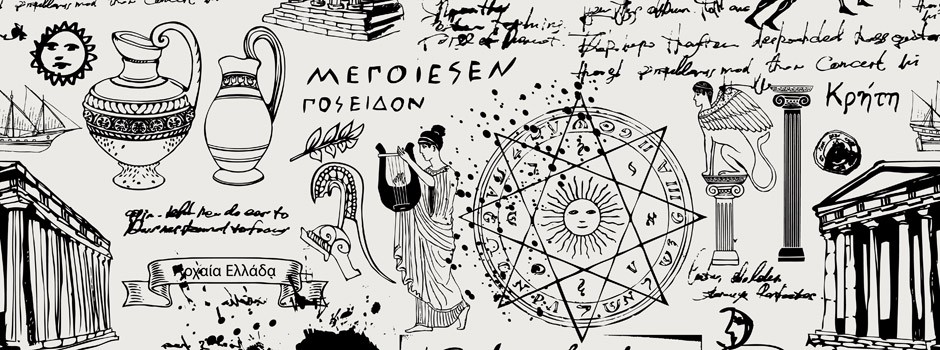World Day of Philosophy

World philosophy day was first proclaimed in 2005 at the 33rd session of the UNESCO General conference in Paris and subsequently it was proposed to hold World Day of Philosophy on an annual basis. The purpose of including the day of philosophy in the calendar of memorable dates is to introduce the world community to the wealth of philosophical thought accumulated by mankind over the long centuries of existence.
The word phílosophia in Greek means “love of wisdom” and as many thinkers say, “wonder” is the root of philosophy. Therefore, we congratulate everyone on the World Day of Philosophy and wish you to be truly surprised, discovering the world every time like the first time!
Below is the full text of congratulations from Luca Maria Scarantino, President of the International Federation of philosophical societies (FISP).
To all member societies, associations, and institutes of Fisp
World Day of Philosophy
Dear fellow philosophers, colleagues, and friends,
For many of us, this year’s World Philosophy Day falls amidst particularly turbulent times. Many – not all – of you are reading this message while being confined, sheltered, or quarantined at home. For some, this is an unprecedented condition; for others, it adds to prior distress; in many parts of the world, deadly epidemics are a familiar event.
Philosophers are increasingly being sought out to reflect on the pandemic. It seems that it is engendering a profound questioning of the current state of affairs. Our daily lives are no less deeply affected than our social and professional relations. Yet as philosophers, as scholars, it is important that we do not overlook the fact that our societies are going through the current crisis in diverse ways, and that we are likely to suffer from its effects very differently.
The pandemic will eventually be over, one hopes. But basic needs such as fair access to education, to healthcare, social participation, gender equality, racial justice, individual rights, not to mention public communication and trust, might be more affected in the long run than we imagine. Cross-cultural sensitivity and interaction are more needed than ever. Philosophers, along with humanists at large, are expected not only to reflect on the present and the past, but also to envision the social and cultural world we would like to live in in the future. The pandemic has certainly given us ample material to contemplate – from the fragility and resilience of nature as a concrete, corporeal agent of our lives to how we as humans deal with the moral requirements of such agency through grief, loss, understanding, and ultimately, hopefully, strength. In this context, we as philosophers may try to increase our commitment to a deeper comprehension of the state and potential trends of our societies. Beyond the daily urgencies that in most cases we are facing, a further look into what is awaiting us and the next generations in the economic, technological, political, and spiritual spheres, is an urgent social need.
I wish you a creative and productive World Philosophy Day.
Luca Maria Scarantino
President of Fisp
International Federation of Philosophical Societies




